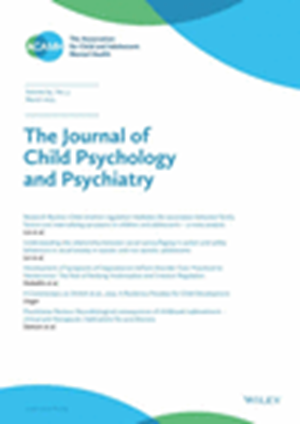Callous-unemotional traits, cognitive functioning, and externalizing problems in a propensity-matched sample from the ABCD study
Abstract
Background
Many studies show that both callous-unemotional (CU) traits (e.g., low empathy, lack of guilt) and cognitive difficulties increase risk for externalizing psychopathology across development. However, other work suggests that some aggression (e.g., relational, proactive) may rely on intact cognitive function, which could vary based on the presence of CU traits. Moreover, no prior research has adequately accounted for common risk factors shared by CU traits, cognitive difficulties, and externalizing problems, which confounds conclusions that can be drawn about their purported relationships. The current study addressed these knowledge gaps by leveraging rigorous propensity matching methods to isolate associations between CU traits and different dimensions of cognitive function and externalizing problems.
Methods
Associations between CU traits, cognitive functioning, and externalizing outcomes were tested within dimensional (n = 11,868) and propensity-matched group-based (n = 1,224) models using data from the Adolescent Brain Cognitive Development Study®, with rigorous statistical control for shared sociodemographic risk factors. Cross-sectional outcomes were parent-reported symptoms of conduct disorder (CD), oppositional defiant disorder (ODD), and attention deficit hyperactivity disorder (ADHD). Longitudinal outcomes were child-reported overt and relational aggression.
Results
CU traits were uniquely related to more parent-reported CD, ODD, ADHD symptoms, as well as more child-reported aggressive behaviors. Effects of cognitive difficulties were domain specific and were not consistent across dimensional and propensity matched models. There was minimal evidence for divergent associations between CU traits and externalizing outcomes as a function of cognition (i.e., no moderation).
Conclusions
Rigorous control for sociodemographic factors within propensity-matched models establish CU traits as a robust and unique risk factor for externalizing psychopathology, over and above difficulties with cognitive functioning.


 求助内容:
求助内容: 应助结果提醒方式:
应助结果提醒方式:


